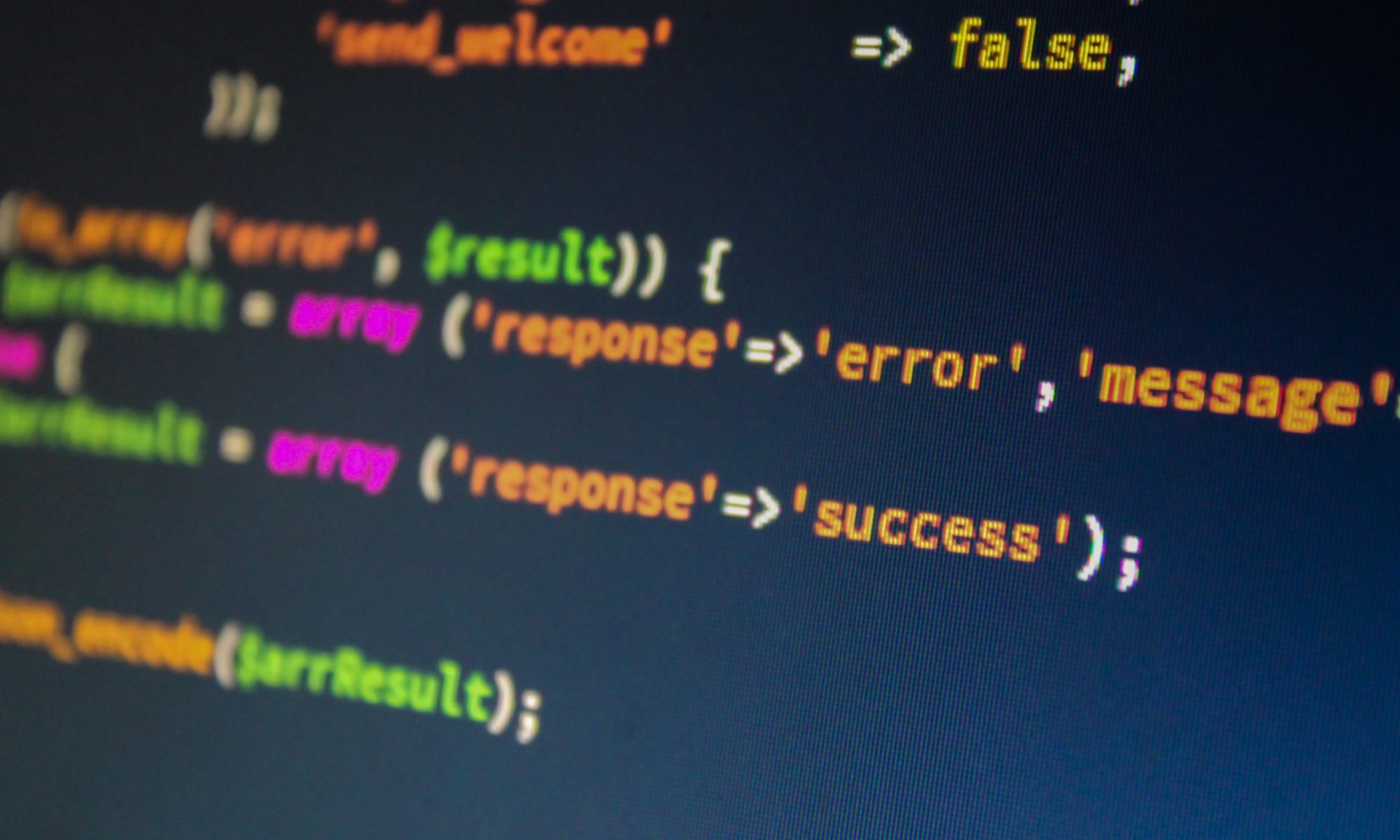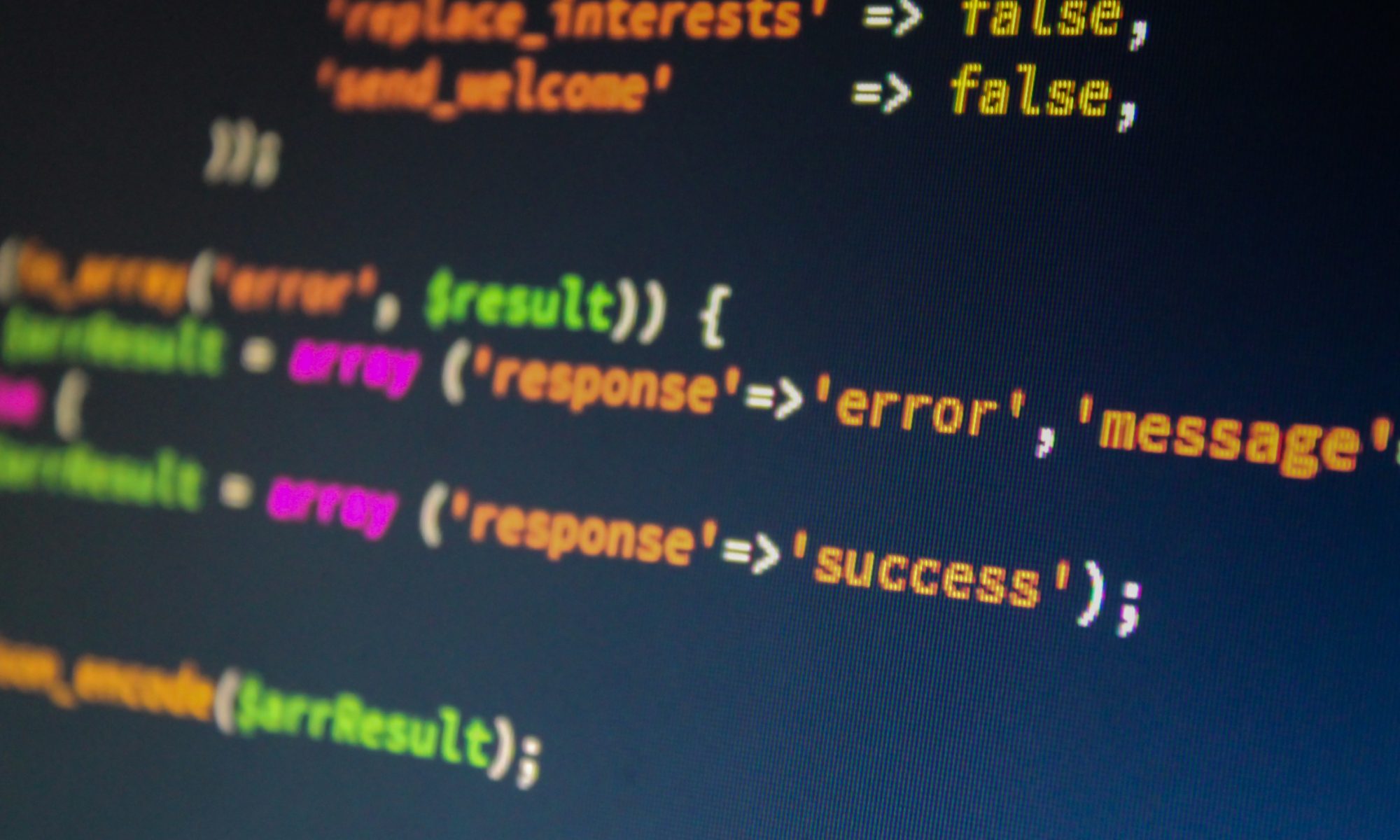Node.js allows us to create and handle custom events easily by using events module. Event module includes EventEmitter class which can be used to raise and handle custom events.
The following example demonstrates EventEmitter class for raising and handling a custom event.
// get the reference of EventEmitter class of events module
var events = require('events');
//create an object of EventEmitter class by using above reference
var em = new events.EventEmitter();
//Subscribe for FirstEvent
em.on('FirstEvent', function (data) {
console.log('First subscriber: ' + data);
});
// Raising FirstEvent
em.emit('FirstEvent', 'This is my first Node.js event emitter example.');
In the above example, we first import the ‘events’ module and then create an object of EventEmitter class. We then specify event handler function using on() function. The on() method requires name of the event to handle and callback function which is called when an event is raised.
The emit() function raises the specified event. First parameter is name of the event as a string and then arguments. An event can be emitted with zero or more arguments. You can specify any name for a custom event in the emit() function.
You can also use addListener() methods to subscribe for an event as shown below.
var emitter = require('events').EventEmitter;
var em = new emitter();
//Subscribe FirstEvent
em.addListener('FirstEvent', function (data) {
console.log('First subscriber: ' + data);
});
//Subscribe SecondEvent
em.on('SecondEvent', function (data) {
console.log('First subscriber: ' + data);
});
// Raising FirstEvent
em.emit('FirstEvent', 'This is my first Node.js event emitter example.');
// Raising SecondEvent
em.emit('SecondEvent', 'This is my second Node.js event emitter example.');
You can read all their details on the events module page here.





